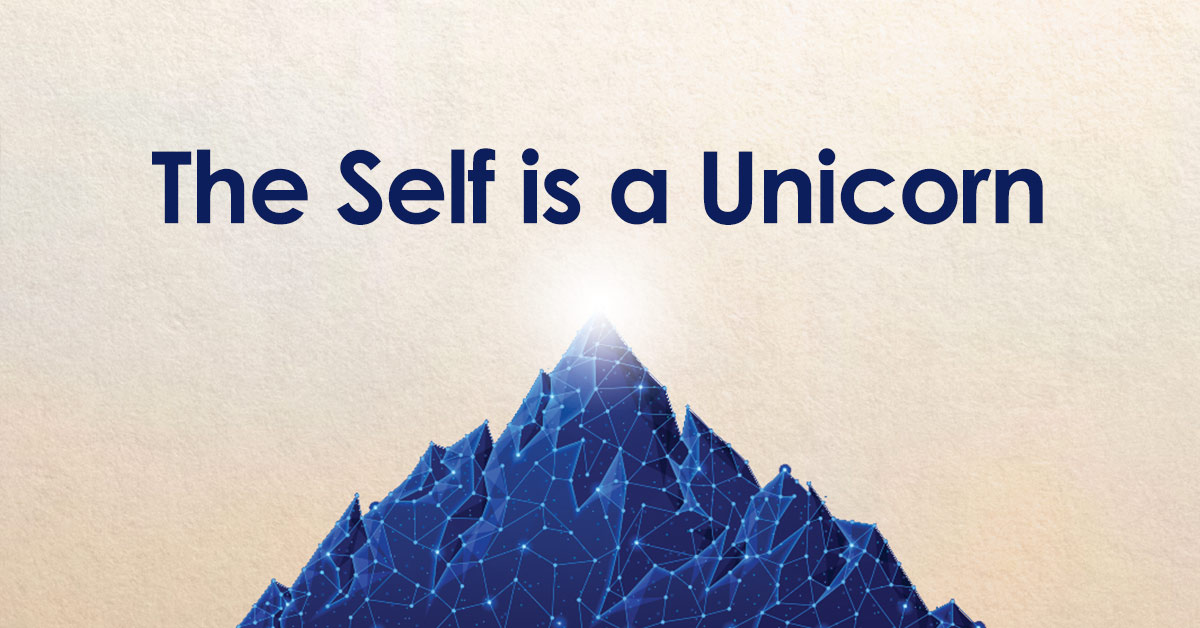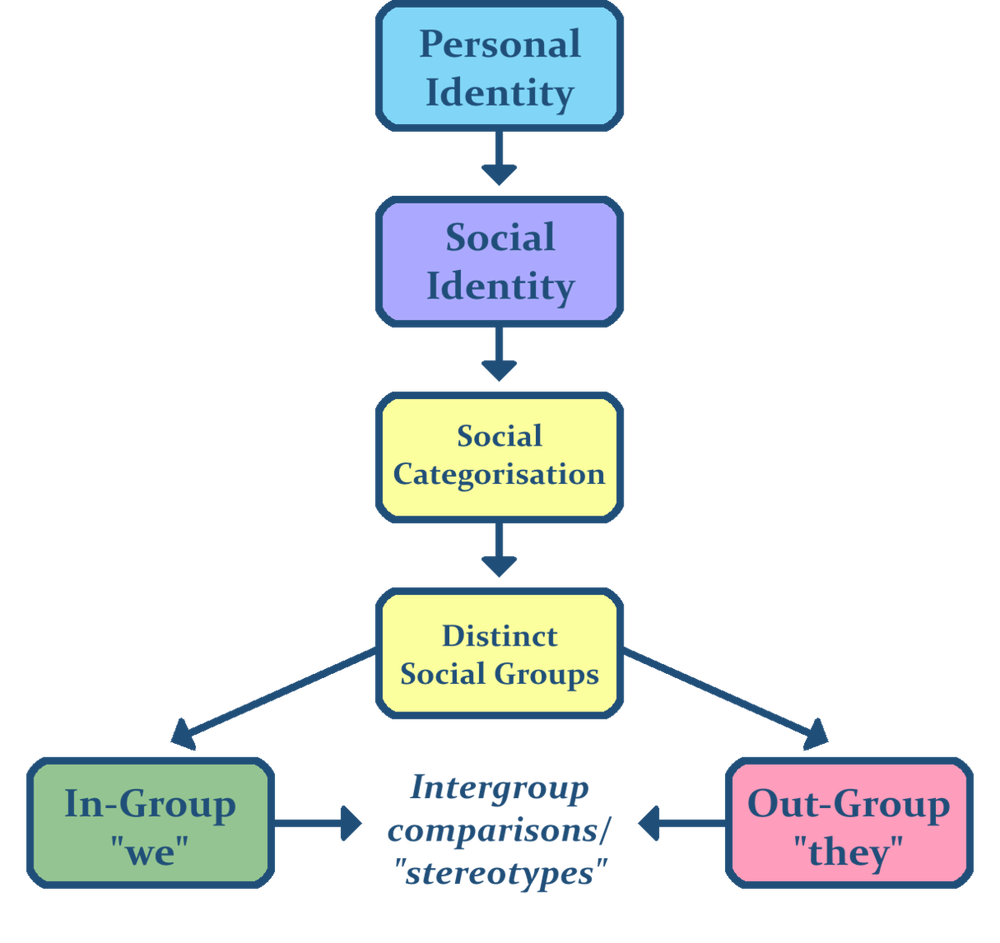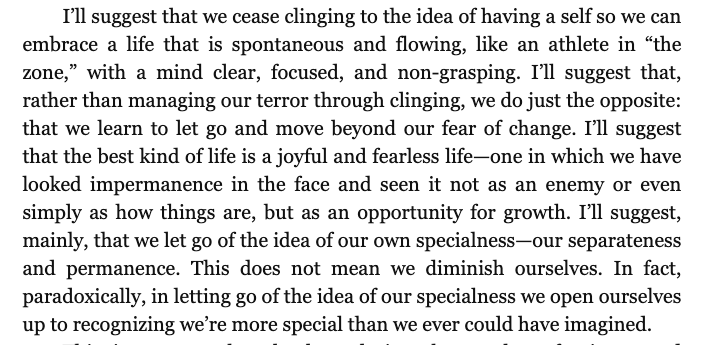
The Self is a Unicorn - Dr. Rick Hanson
In this excerpt from Dr. Rick Hanson's book Neurodharma, he offers a contemplation on the question: Who am I?
 www.rickhanson.net
www.rickhanson.net

The Self is a Unicorn - Dr. Rick Hanson
In this excerpt from Dr. Rick Hanson's book Neurodharma, he offers a contemplation on the question: Who am I?
A “Self” Is Like a Unicorn
Rick Hanson, PhDTo sum up, our experiences of “I,” “me,” and “mine” – and their neural foundations – are impermanent, compounded, and interdependent. In a word, the apparent self is empty. This alone should encourage lightening up about it and not clinging to it. But I’d like to take this a step further.
We can have empty experiences of things that do actually exist, such as horses. Just because the experience of a horse is empty does not mean that the horse is not real. But we can also have empty experiences of things that do not exist, such as imagining a unicorn. If there is no creature with the defining characteristics of a unicorn – a horse with a long pointed horn – then unicorns are not real.
The presumed self is like a unicorn, a mythical beast that does not exist. Its necessary, defining characteristics – stability, unification, and independence – do not exist in either the mind or the brain. The complete self is never observed in experience. Subjectivity doesn’t mean there is a stable subject, a one to whom things happen. And the sense of being or having a self is not needed for consciousness – nor for opening a door or answering a question.
Realizing this often begins conceptually, and that’s all right. These ideas can help to highlight different aspects of experience. Then we can observe and practice with the mind and gradually there will be a felt knowing of what’s true.



/SocialIdentityTheory-5b83771046e0fb0025139983.jpg)



